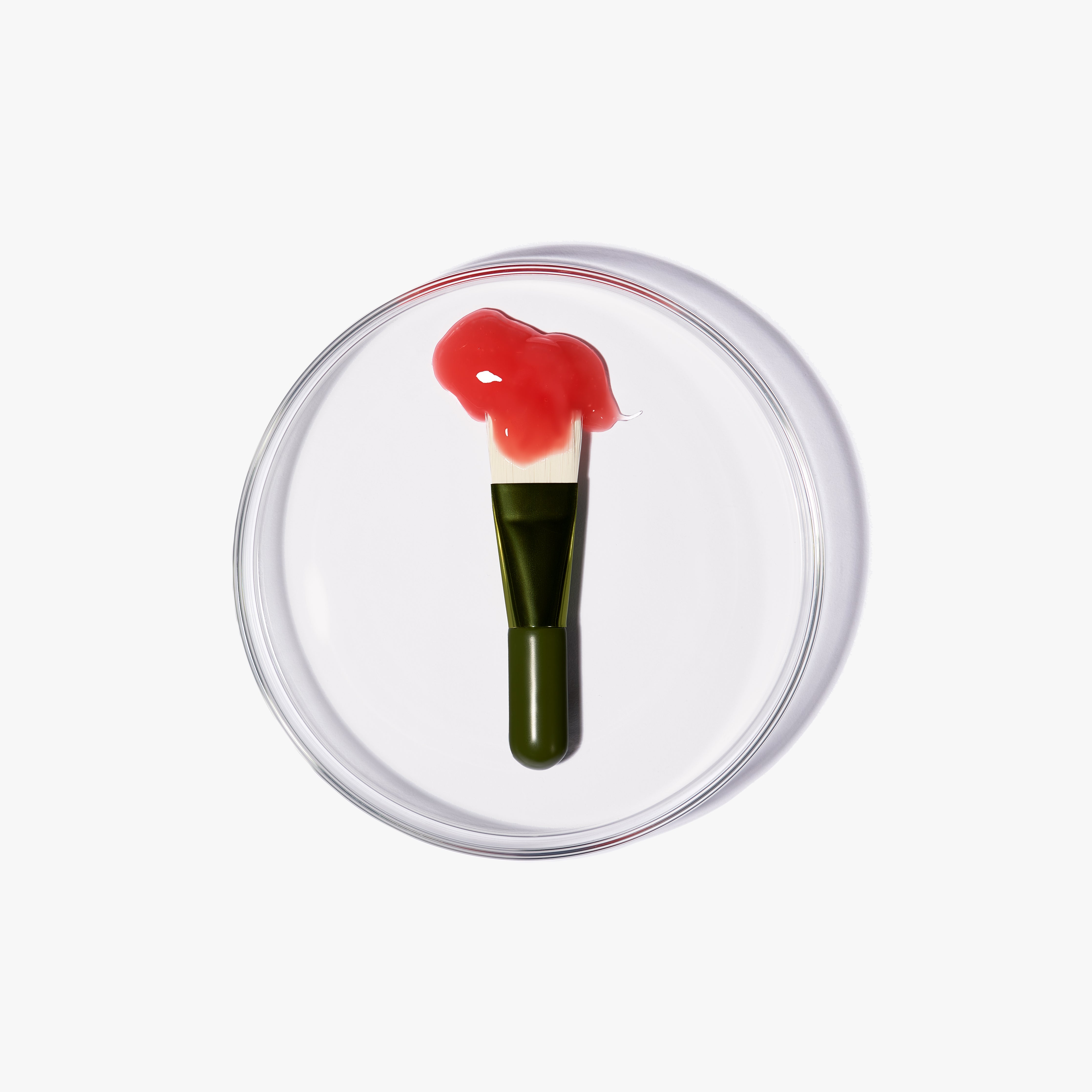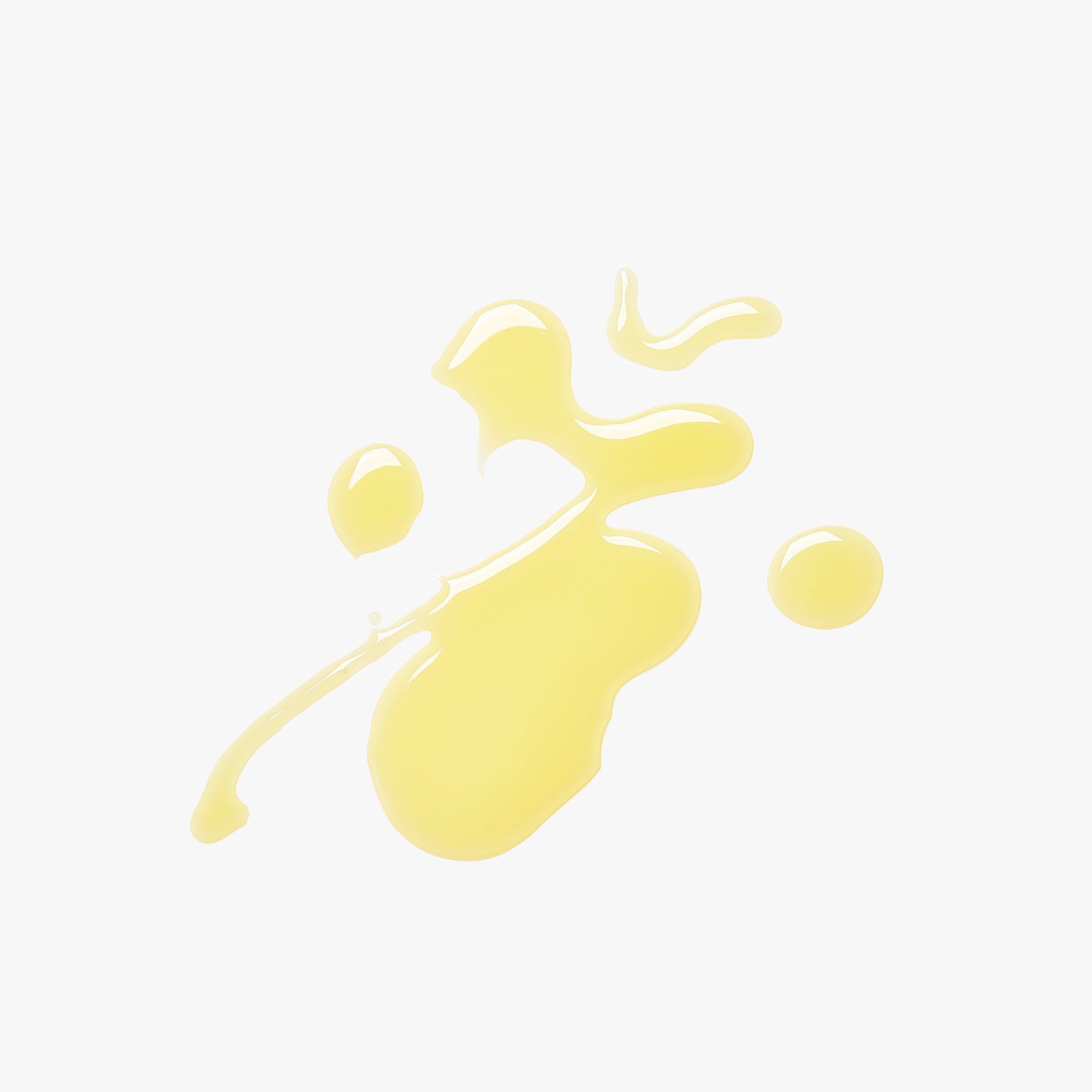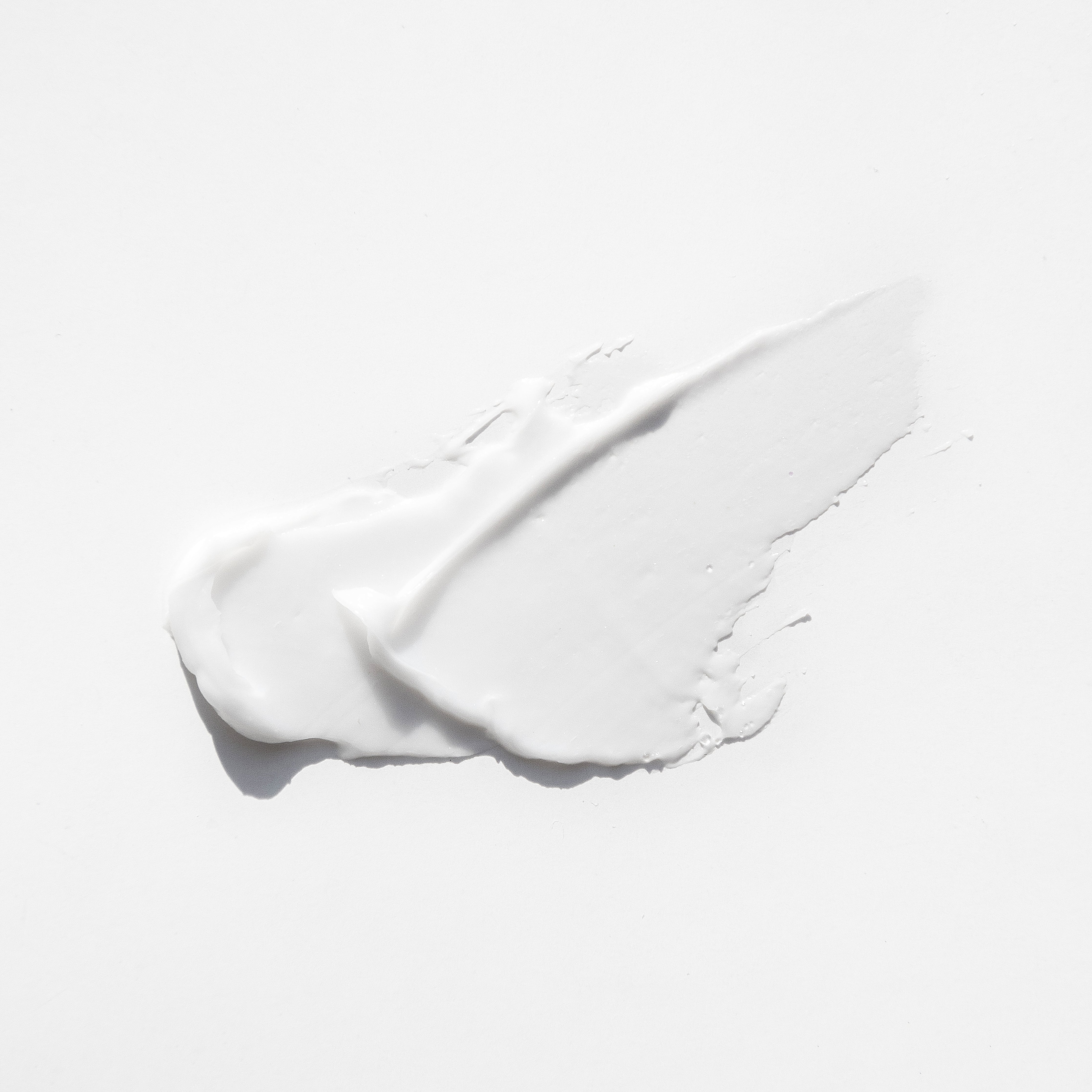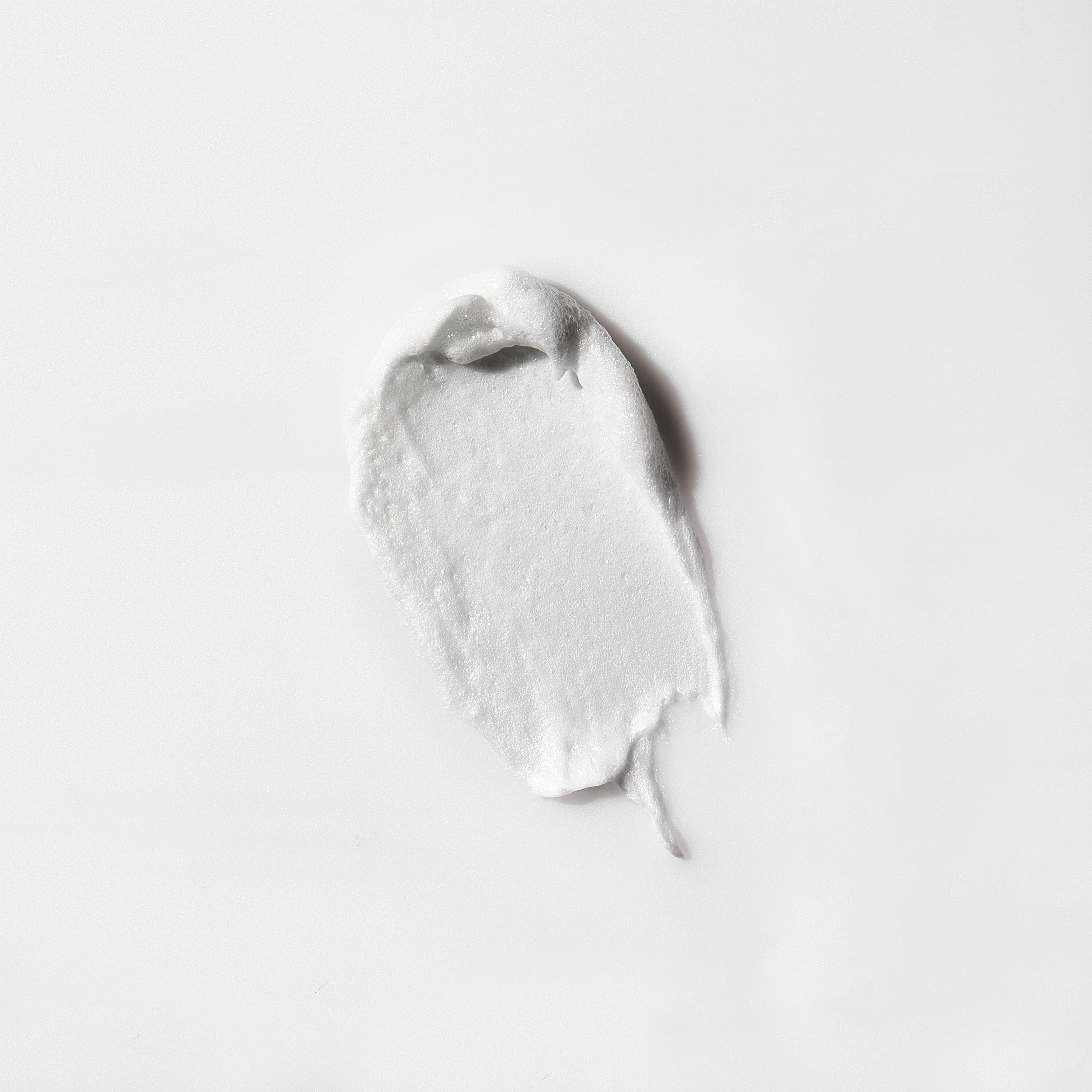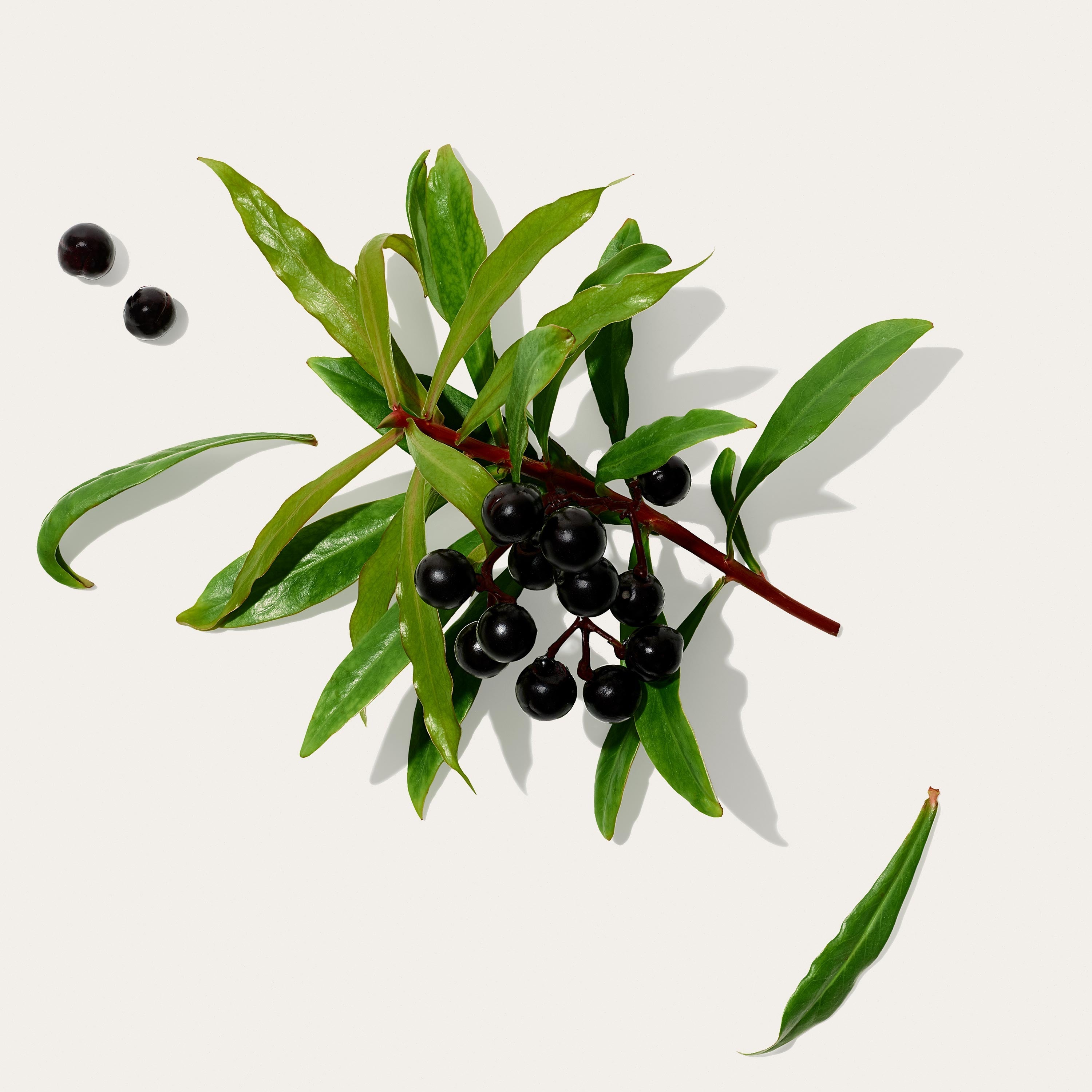Wild harvested native Australian superfood packed with potent antioxidant and anti-inflammatory molecules helps neutralize enzymes that destroy the skin's connective tissue to help improve collagen production.
Natural Science
Tasmanian pepperberry is native to the cool woodlands and forests of Tasmania and has been used for centuries in traditional medicines. The plant is rich in amino acids and polyphenols that protect and nourish the skin when used in any skincare formulation:
◉ Flavone glycoside - anti-aging, anti-inflammatory and antioxidant activity that protects cell membranes from oxidative injury
◉ Chlorogenic acid - maintain skin flexibility and firmness
◉ Polygodial - potent antioxidant and antimicrobial properties
◉ Rutin - anti-aging and skin brightening via the inhibition of tyrosinase
Benefits
Helps to reduce inflammation and irritation from environmental and physical elements. Possess anti-acne properties and supports the effects of vitamin C and collagen to condition and help reduce the signs of aging.
How Its Used
You can find Tasmanian pepperberry in our skincare formulations (Glyco-Lac)™ Ultra-Synbiotic Facial and The Biotic Glow™ Ferment Essence listed under Tasmannia Lanceolata Fruit Extract. Its antioxidant and skin reviving properties are obtained using a unique cellular extraction technique and biomimicry process that extracts the whole plant, which maintains its delicate phyto-active compounds and produce an extremely effective, potent and "true to nature" ingredient.
Research
High levels of quercetin in found in Tasmanian Pepperberry has been clinically proven to possess anti-aging and anti-inflammatory properties that outperforms retinoic acid! Chlorogenic acid Polygodial also has potent anti-allergic and antioxidant properties.
References
Bioorg Khim., Vol 38, May-Jun 2012, Pg. 374-81
Journal of Cosmetic Dermatology, Vol 8, Mar 2009, Pg. 56-62
Life Sciences, Vol 70, Nov 2001, Pg. 159-69

